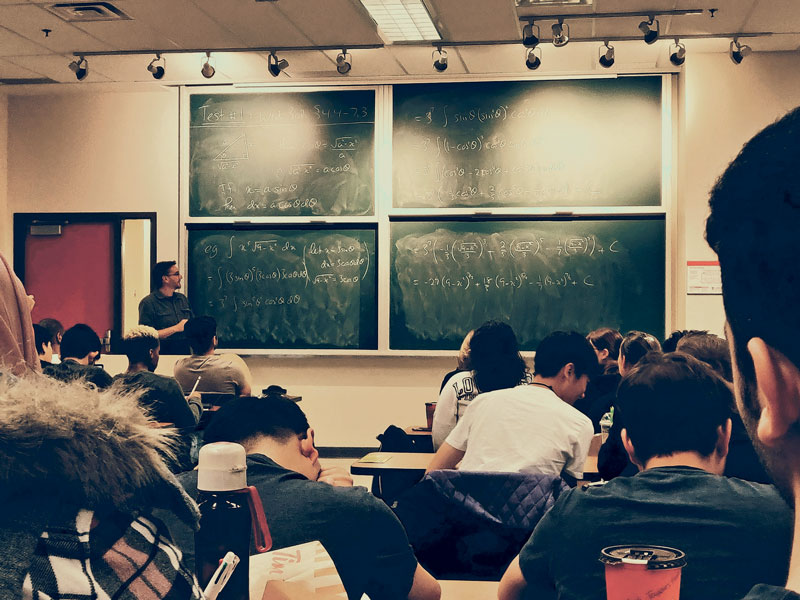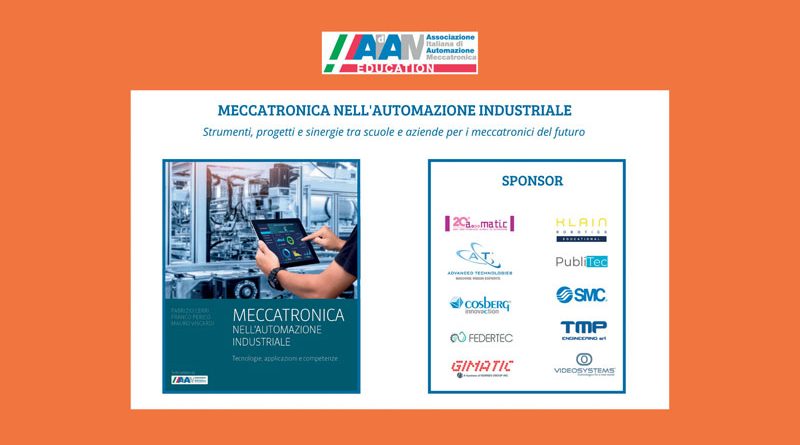Schools and businesses: a successful contamination
Companies are increasingly demanding highly specialised technicians in the field of mechatronics; is school able to adequately train professionals of this type? This was discussed at the round table “Mechatronics in Industrial Automation”, during which industry and schools discussed the subject, starting with the presentation of the manual bearing the same name produced by AIdAM and published by Hoepli.
“I’m still learning,” said Michelangelo when he was 87. More than fifty years had gone by since his finishing touches to the Sistine Chapel, one of the most famous and unparalleled masterpieces of humanity. That sentence perfectly expresses the scope of the term training: an inexhaustible disposition, a driver for growth, a prerequisite for innovation, a necessary condition for change. Its various academic and entrepreneurial forms were discussed on May 26th on the occasion of the digital round table “Mechatronics in Industrial Automation”, a space for dialogue in which numerous guests who have built their professions on “training” exchanged views.
Starting with the presentation of the manual bearing the same name, published by Hoepli and produced by AIdAM in collaboration with its member companies, many issues were addressed with the active participation of over 300 teachers connected from all over Italy. A text which, as explained by the two authors Mauro Viscardi and Franco Perico, promises to be an innovative teaching support, precisely because of the unprecedented ‘corporate’ contribution it contains.

Promoting dialogue between schools and enterprises
Carla Galdino, representing the Ministry of Education, University and Research, while recalling that schools are the heart of our country, underlined the need to align educational qualifications and skills required by companies. This concept was also echoed by Imerio Chiappa, leader of the M2A Network, who set as one of the long-term objectives the urgency of bringing all regions up to the same level by encouraging school-business dialogue and strengthening training opportunities for teachers and work experience schemes for students. In this respect, Simona Sacco, a recruitment specialist for Umana, gave an interesting account of the ever-increasing demand for highly specialised figures linked to the mechatronics sector, a subject which is now transversal to many industries. This is because mechatronics specialists need to be equipped not only with technical skills, but also with flexibility and language skills in order to be able to move all over the world, decision-making and mediation skills, precision and assertiveness in order to deal with people at different levels inside and outside their company. In any case, the employment rates of mechatronics technicians after graduation, close to 90%, speak for themselves.
The reciprocal contamination between school and companies is therefore fundamental, also according to Salvatore Giuliano, former undersecretary for Education and now head of a technical institute in Brindisi. Confindustria Bergamo, AIdAM’s partner in a number of projects and always receptive to companies’ requests which it transforms into concrete proposals and project work specifically designed for different targets, is also moving in this direction, as Sara Pavesi, head of education, explained. Professor Roberto Giuseppe Romano from ITS Salvemini in Alessano also took part in one of the training courses for teachers, emphasising the importance of school-business collaboration and of opening up spaces for discussion between industry professionals and teachers and between teachers themselves. At the end of the webinar, Michele Merola, president of AIdAM, summarised the interventions of all the previous speakers, recalling the paths taken and the objectives already achieved: from the collaboration protocol with the Ministry of Education, Universities and Research, to the handbook, as well as the teacher training courses. With an eye to the future, he renewed AIdAM’s commitment to work even harder on dialogue and synergies to realise the enormous potential of mechatronics. For the future of young people, for companies in the manufacturing sector and for Italy as a whole.

